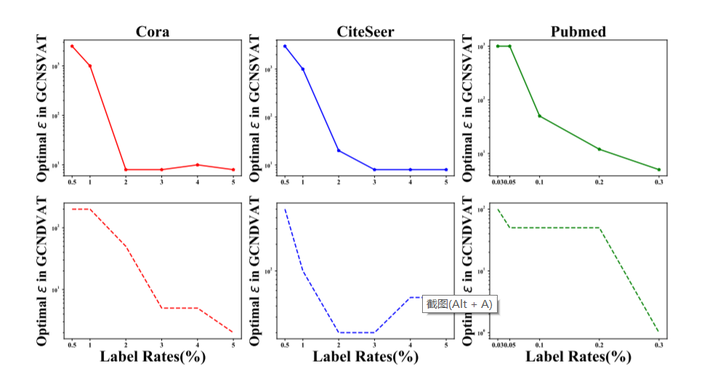Virtual Adversarial Training on Graph ConvolutionalNetworks in Node Classification

Abstract
The effectiveness of Graph Convolutional Networks (GCNs) has been demonstrated in a wide range of graph-based machine learning tasks. However, the update of parameters in GCNs is only from labeled nodes, lacking the utilization of unlabeled data. In this paper, we apply Virtual Adversarial Training (VAT), an adversarial regularization method based on both labeled and unlabeled data, on the supervised loss of GCN to enhance its generalization performance. By imposing virtually adversarial smoothness on the posterior distribution in semisupervised learning, VAT yields an improvement on the performance of GCNs. In addition, due to the difference of property in features, we perturb virtual adversarial perturbations on sparse and dense features, resulting in GCN Sparse VAT (GCNSVAT) and GCN Dense VAT (GCNDVAT) algorithms, respectively. Extensive experiments verify the effectiveness of our two methods across different training sizes. Our work paves the way towards better understanding the direction of improvement on GCNs in the future.